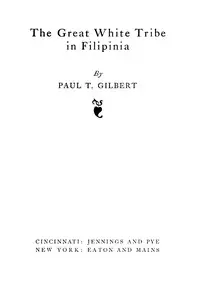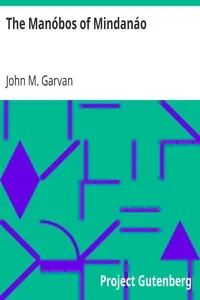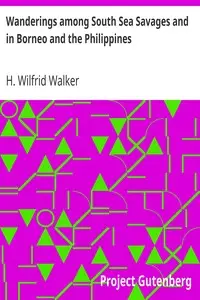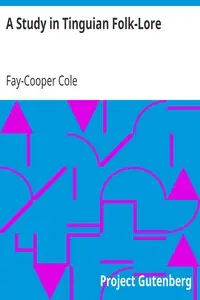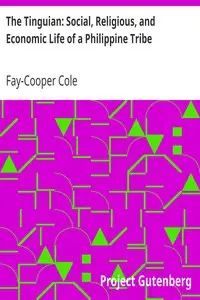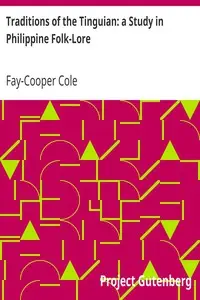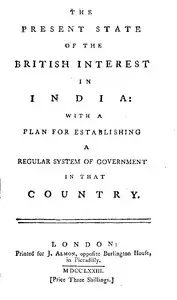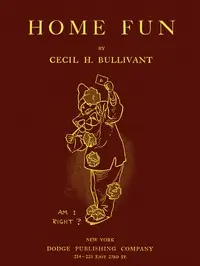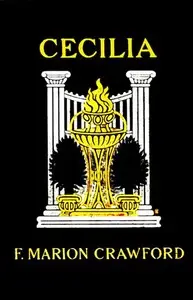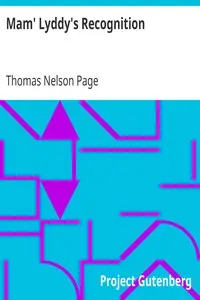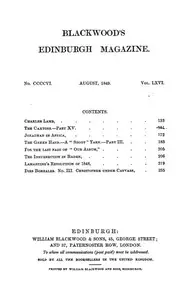"The Wild Tribes of Davao District, Mindanao" by Fay-Cooper Cole is an investigation into the tribal groups of the Davao area in the Philippines around the early 20th century. It looks at their traditions, how their societies were organized, what they believed in, and their everyday lives. The author spent a lot of time with different groups, especially the Bagobo people. The study tries to explain their cultural ways and how they fit into history. The beginning of the book talks about why the author went to the Davao District and explains that the goal was to learn about and sort the tribes they found while traveling. The starting section explains how the author did the research and that the tribes changed as they moved around, married each other, and were affected by the outside world. Cole points out that the tribes were different but connected, showing that the area had a mix of old ways and how people interacted with each other, and this part prepares the reader for a closer look at certain tribes, where they lived, their habits, and how being colonized and becoming modern changed things.
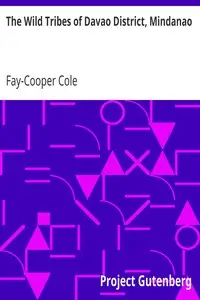
The Wild Tribes of Davao District, Mindanao The R. F. Cummings Philippine Expedition
By Fay-Cooper Cole
Embark on a journey to the Philippines to discover the fascinating lives and unique customs of the region's tribal communities.
Summary
About the AuthorFay-Cooper Cole was a professor of anthropology and founder of the anthropology department at the University of Chicago; he was a student of Franz Boas. Most famously, he was a witness for the defense for John Scopes at the Scopes Trial. He graduated from Northwestern University in 1903 and became Assistant Curator of Anthropology of at the Field Museum of Natural History the following year. He led the museum's Philippine expeditions, collecting more than 5,000 objects, traveling together with his wife, Mabel Cook Cole, with whom he co-authored The Story of Man. He helped establish the University of Chicago's graduate program in Anthropology and started an archeological survey of Illinois. Cole also played a central role in planning the anthropology exhibits for the 1933 Century of Progress World's Fair. He was elected a Member of the American Philosophical Society in 1941.
Fay-Cooper Cole was a professor of anthropology and founder of the anthropology department at the University of Chicago; he was a student of Franz Boas. Most famously, he was a witness for the defense for John Scopes at the Scopes Trial. He graduated from Northwestern University in 1903 and became Assistant Curator of Anthropology of at the Field Museum of Natural History the following year. He led the museum's Philippine expeditions, collecting more than 5,000 objects, traveling together with his wife, Mabel Cook Cole, with whom he co-authored The Story of Man. He helped establish the University of Chicago's graduate program in Anthropology and started an archeological survey of Illinois. Cole also played a central role in planning the anthropology exhibits for the 1933 Century of Progress World's Fair. He was elected a Member of the American Philosophical Society in 1941.

